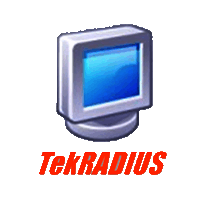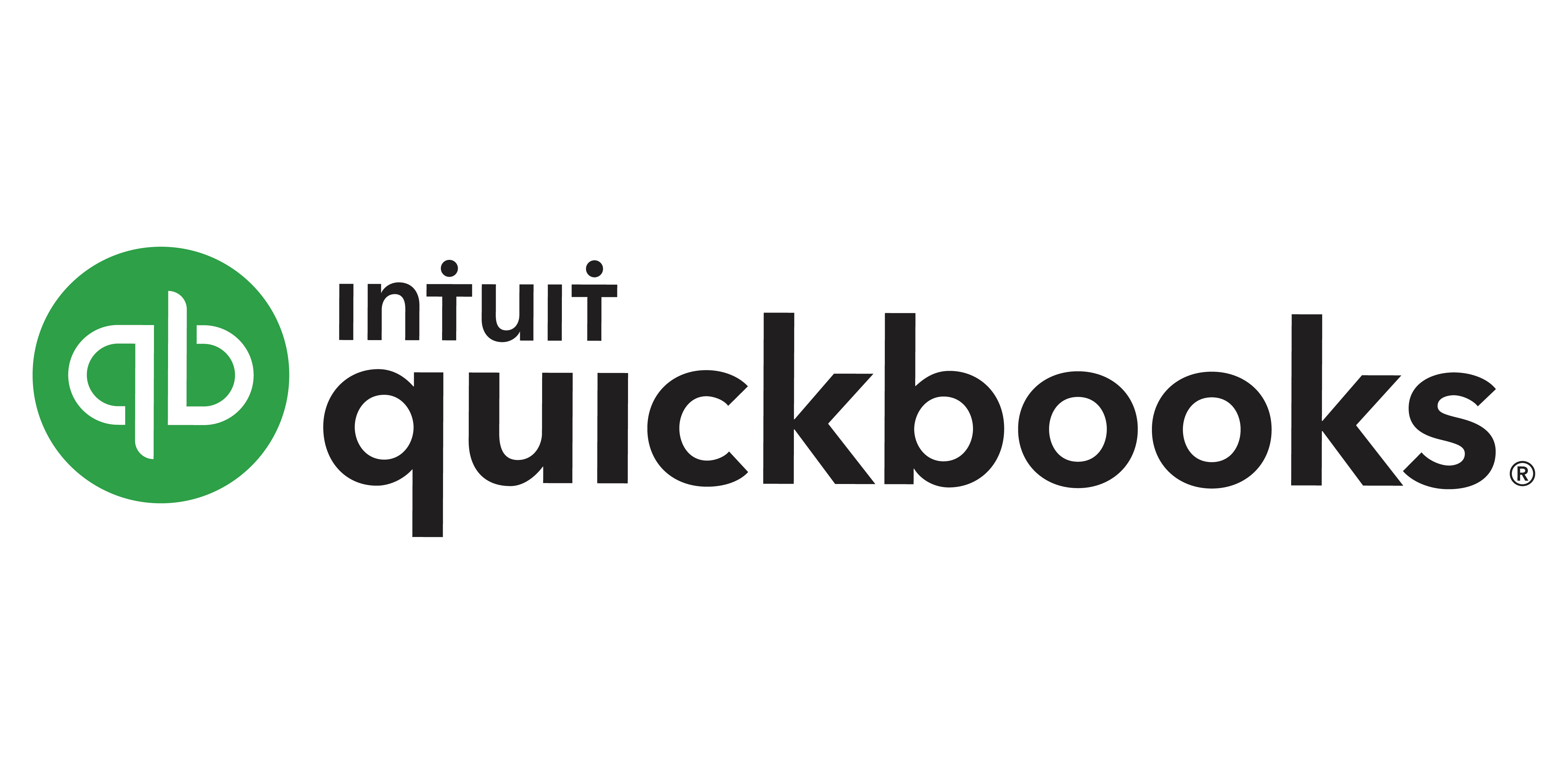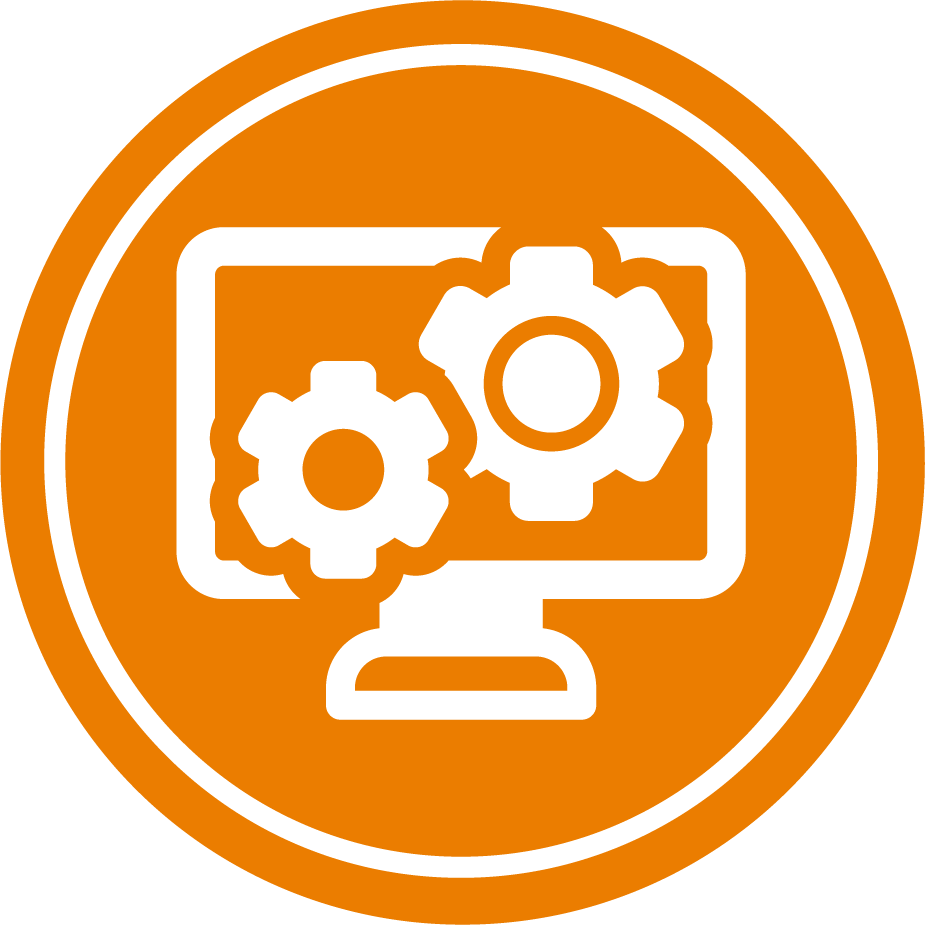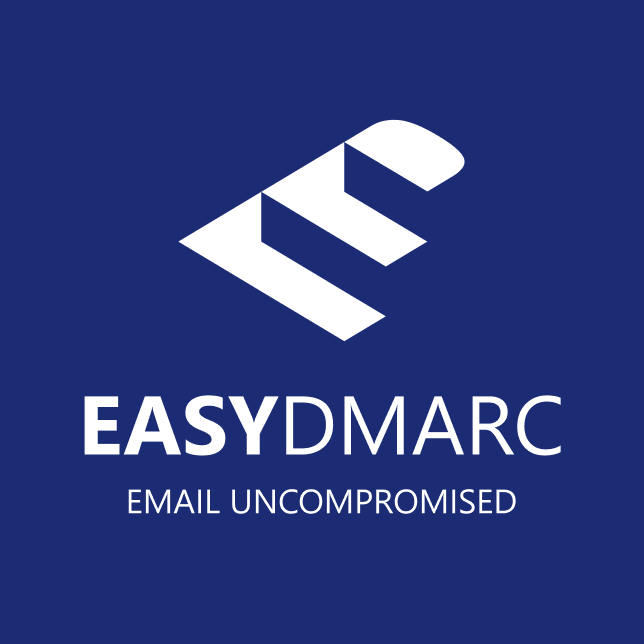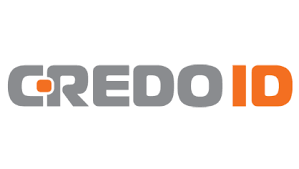What Is Access Control System?
A security mechanism called an access control system is used to limit and manage access to a network, computer system, or physical area. It prevents unwanted entry while permitting authorized people or organizations to enter. These systems control and keep an eye on access to a particular area or set of resources using a mix of hardware, software, and protocols.
This covers both digital and physical elements, such as credentials, usernames, and passwords, as well as hardware like doors, locks, and card readers. Fundamentally, an access control system acts as a gatekeeper, offering an additional line of defense against possible security risks. It protects resources, equipment, and sensitive data by limiting access to specific regions to authorized personnel only.
Access control solutions not only improve security but also provide efficiency and convenience. Users can quickly and easily enter secured areas using their credentials instead of depending on guards or physical keys. Access control systems come in different varieties, including as keypad, biometric, and card-based systems. Because each has special qualities and advantages of its own, customers can select the one that best suits their requirements.
All things considered, purchasing an access control system can improve general security and give businesses, organizations, and individuals peace of mind. It is a smart option for any buyer wishing to safeguard their assets and resources because it is an essential component in the modern world of growing security threats and data breaches.
What Are the Recent Trends in Access Control Systems?
Recent technological advancements and the growing demand for security across a range of industries have led to a considerable evolution in access control systems. We'll go over the most recent developments in access control systems in this buyer's guide so you can choose wisely when buying one for your company.
1. Integration with Mobile Devices: Integration with mobile devices is one of the most important trends in access control systems. Many businesses are increasingly using smartphones and tablets as a kind of access control due to their growing popularity. Employees can now access restricted areas using their devices, making the user experience more seamless and convenient.
2. Biometric Technology: To increase security, access control systems are progressively integrating biometric technology. Compared to more conventional systems like key cards or codes, biometric identification techniques like fingerprint and facial recognition are more dependable and challenging to counterfeit. This tendency is especially noticeable in sectors like government, healthcare, and finance, where security is crucial.
3. Cloud-based Access Control: Due to their many benefits over conventional server-based systems, cloud-based access control solutions are becoming more and more popular among companies. A cloud-based system makes it easier for businesses with various locations to access and manage access control data remotely. Because companies can simply add or delete users and access points as needed, it also provides better scalability.
4. Artificial Intelligence: Another emerging trend is the use of artificial intelligence (AI) in access control systems. By monitoring and analyzing data to identify irregularities or questionable activity, AI-powered systems can increase security and stop unwanted access. Businesses that handle private or sensitive data will particularly benefit from this technology.
5. Multi-factor Authentication: Many access control systems now use multi-factor authentication in an attempt to improve security. This makes it more difficult for unauthorized people to enter by requiring users to present two or more forms of identity before allowing access. Combining biometric, card, key, or password verification techniques is known as multi-factor authentication.
Benefits of Using Access Control System
Any security plan must include access control systems since they offer a way to manage and keep an eye on who has access to a given area or resource. Access control systems are utilized in a number of locations, including homes, workplaces, and commercial structures, and they provide a number of advantages to both buyers and users. Enhanced Security: The increased security that an access control system offers is among its most important advantages.
These systems provide authorized users access using electronic credentials, including keycards or biometric information. Traditional keys are no longer necessary because they are easily lost or duplicated. You can tighten control over your property by limiting access to particular areas, monitoring who enters and leaves a building, and immediately rescinding access with an access control system.
Convenience and versatility: When compared to conventional lock and key techniques, access control systems provide unparalleled convenience and versatility. Rather than changing locks or giving out new keys, you can simply program and alter access rights with an access control system. Because access may be swiftly provided or denied as needed, this is particularly advantageous in environments with a high staff turnover rate.
Furthermore, a lot of access control systems provide remote management features that let you keep an eye on and manage access at any time and from any location. Real-Time Monitoring and Reporting: The capacity to track and monitor access in real-time is an additional benefit of utilizing an access control system. Comprehensive data on entrance and exit times, as well as the precise doors or locations that a person accessed, can be obtained from these systems.
Regulation compliance, employee attendance monitoring, and security can all benefit from this information. Live video monitoring is another feature that many access control systems offer, adding an additional degree of protection. Adaptable Solutions: With so many options available, it's simple to choose an access control system that meets both your needs and your budget.
There are many adjustable options available, ranging from simple systems with a few access points to intricate systems that manage several buildings or locations. To further improve your total security measures, a lot of access control systems may be connected with additional security systems like intercoms, alarms, and surveillance cameras.
Cost-Effective: Although an access control system may seem like a costly initial expenditure, it may end up being a more affordable choice over time. An access control system can save you money and provide you peace of mind by removing the need for frequent key replacements and lowering the possibility of security breaches. These systems' ease of use and adaptability can also lead to greater productivity, which will save your company money and time.
Important Factors to Consider While Purchasing an Access Control System?
To make sure they are making the appropriate choice, a buyer should take into account a number of crucial factors when buying an access control system. Every element is important in deciding which system best suits a buyer's particular requirements, from the kind of system to the required level of security and budget.
The following are some crucial things to remember:
1. Access Control System Type: The first consideration for a customer should be the kind of access control system they require. There are several varieties, including electronic, biometric, card reader, and keypad locks. Finding the type that best meets the needs of the buyer is essential because each has pros and cons of its own.
2. Level of Security: Another important consideration in the decision-making process is the required level of security. While some systems offer sophisticated capabilities like time-based access, intruder detection, and integration with video surveillance, others only offer basic access control. Customers should thoroughly consider their security requirements before selecting a solution.
3. Integration with Other Systems: The interoperability of the access control system with other current systems within the building is another crucial consideration. To track staff attendance, for example, a company could want the system to interface with its HR software. As a result, selecting a system that can easily interface with other systems is essential.
4. Scalability: Selecting an access control solution that can expand with the company is crucial. Choose a system that can scale to meet the organization's evolving needs while taking future growth plans into account.
5. Cost: One important factor to take into account is the access control system's cost. Customers should establish their spending limit and look into the possibilities that fall inside it. But it's important to avoid sacrificing quality in order to save money.
6. User-friendly design: Another crucial consideration is the system's user-friendly design, particularly for businesses with a big user base. Customers should select a system with an easy-to-use interface because complicated systems might be inconvenient and slow.
7. Support and Maintenance: Access control systems need support and upkeep just like any other technology. Customers should ask about the vendor's response time, warranty, and technical assistance, among other support and maintenance services.
What Are the Key Features to Look for in Access Control System?
To make sure you are selecting the best access control system for your requirements, there are a few important factors to take into account before making an investment. These characteristics might assist you in assessing the system's efficacy and dependability as well as its suitability for your current security procedures and infrastructure. The following are some essential characteristics of an access control system:
1. Authentication procedures: The system's authentication procedures are the first and most important thing to check for. This can involve choices like PIN codes, keycards, biometric authentication (facial recognition, fingerprint), and more. To guarantee optimal security, it is essential to select a system with several authentication options.
2. Integration Capabilities: The best access control system is one that effortlessly connects to your other security devices and systems. This can incorporate intercom systems, CCTV cameras, and alarms, enabling a complete security solution that is manageable from a single interface.
3. Scalability: Your company's security requirements will expand along with it. Selecting an access control system that is easily scalable to meet your company's expansion is crucial. Long-term, this will save you money and trouble.
4. Access degrees and Permissions: Depending on the duties and responsibilities of each employee, the system should be able to grant them varying degrees of access and permissions. This guarantees that restricted regions are only accessible to authorized individuals.
5. User administration: Choose a system with simple user administration features that let you add or remove users, modify rights, and monitor user behavior. This is particularly important for companies that handle sensitive data or have a high employee turnover rate.
6. Audit Trail: An audit trail can assist in identifying the relevant parties and the steps performed in the event of a security breach. Seek out a system that can offer thorough and user-friendly audit trails.
7. Remote Access: Selecting an access control system that enables remote access management is essential, given the growing popularity of remote work. You will be able to manage and keep an eye on access from any location at any time thanks to this.
8. Cloud-Based Capability: Remote management, automatic upgrades, and simple scalability are just a few advantages of cloud-based access control systems. Choose a cloud-based system if you want more efficiency and ease.
9. User-Friendly Interface: Even non-technical users should find the system's user interface simple to use and intuitive. This will improve user efficiency and lower the learning curve.
10. Technical Support: In the event that there are any problems or inquiries about the system, a dependable and accommodating technical support staff is crucial. To guarantee seamless functioning and prompt problem-solving, look for a system with a respectable and experienced support staff.
Why Do Businesses Need an Access Control System?
Because they are essential to maintaining the security and safety of their facilities, personnel, and assets, businesses require access control systems. The purpose of access control systems is to regulate who can enter a specific location, when they may enter, and how long they can stay there. In addition to preventing unwanted access, this enables companies to keep an eye on and trace the movements of individuals within their buildings.
Protecting assets is one of the main reasons why companies want access control solutions. Businesses can limit access to sensitive spaces, such server rooms, storage rooms, and offices that hold priceless equipment or private data, by putting in place an access control system. This lowers the possibility of theft, vandalism, or data breaches, all of which could cause monetary losses or harm to the company's image.
By monitoring who enters and leaves the building, access control systems can also increase a company's overall security. Businesses can swiftly detect and address any suspicious or unauthorized behavior, which can be very helpful in emergency situations or security crises. Furthermore, compared to conventional lock and key techniques, access control systems provide a greater degree of convenience.
Employees can enter approved places with a single access card or code rather than keeping track of several keys for different areas. This lessens the possibility of lost or stolen keys jeopardizing the property's security, in addition to removing the inconvenience of carrying and monitoring keys. Customizing access levels is an additional advantage of owning an access control system.
Employees may be granted varying degrees of access by their employers according to their jobs, duties, and clearance level. This lowers the possibility of internal threats and human mistakes by ensuring that workers only have access to places that are pertinent to their duties. Additionally, access control systems give companies a trustworthy audit trail by digitally recording all entrances and departures.
In the event of any security events or breaches, this information may be useful for security compliance and investigations. All things considered, access control systems are an essential investment for companies looking to safeguard their resources, uphold security, and boost productivity. Businesses can concentrate on their operations and feel secure knowing that their assets and facilities are well-protected by offering a convenient and safe method of managing access.
How Much Time Is Required to Implement Access Control System?
A number of variables, including the system type, installation complexity, and facility size, might affect how long it takes to build an access control system. An access control system's complete implementation can take a few weeks to several months on average. The planning and design stage is the first stage of putting an access control system into place.
This entails evaluating the facility's security requirements, figuring out the kinds of access controls needed, and designing a system that satisfies them. It usually takes a few weeks to finish this phase. The installation of the software and hardware components comes next. Depending on the facility's size and system complexity, this could take a few days to a few weeks.
The system must be set up and tested after the hardware and software have been installed. This includes establishing access rules, adjusting user access levels, and testing the system to make sure it is operating properly. Depending on the system's size and complexity, this step may take a few days to a few weeks.
One of the most important phases in the implementation process is staff training, which comes after the system has been configured and tested. This covers instructions on how to operate the system, including how to utilize biometric scanners and issue access cards. The success of the access control system depends on the training, which can take a few days. Integrating the system with any current security systems is the last phase.
This can include intercom systems, CCTV cameras, and alarms. It usually takes a few days to a week to finish this phase. Generally, depending on the system's complexity and the facility's size, the installation of an access control system can take four to twelve weeks. Working with a trustworthy and knowledgeable provider that can help you navigate the process and guarantee a seamless and effective deployment is essential.
What Is the Level of Customization Available in an Access Control System?
A range of customization options are available for access control systems to meet the individual demands of the user. The system type and your budget will determine how much customization is possible. Nonetheless, the majority of access control systems are highly adaptable and can be customized to fit the particular needs of every person or business.
Customizing user access levels and limits is one of the main advantages of access control systems. Whether it's a particular room, building, or sensitive location, you can now precisely control who has access to what parts of your property. Time-based access permissions can also be configured, permitting admittance just on particular days or hours.
The kinds of credentials that can be used for access are another aspect of how access control systems can be customized. These can include more sophisticated biometric choices like fingerprint or facial recognition, as well as more conventional key cards or fobs. This gives you the freedom to select the option that works best for your consumers while also enabling a better level of protection.
Access control systems can be tailored to integrate easily with various security systems, including intercoms, CCTV cameras, and alarm systems. As a result, a complete security system is created that is simple to administer from a single platform. Setting personalized alerts and notifications is another way to personalize access control systems.
With the help of this tool, you may take prompt action by receiving real-time notifications for any unauthorized access attempts or other security breaches. Additionally, the software and user interface of access control systems can be customized. Depending on the system, you might be able to alter the software's features and layout to better meet your requirements and make it easier to use.
All things considered, access control systems offer a high degree of customisation that may be adjusted to suit the particular requirements of any user. It is an excellent investment for any person or company wishing to improve their security measures because it offers a high degree of convenience and security.
Which Industries Can Benefit the Most from Access Control System?
An advanced security solution that permits authorized people to enter and exit particular areas while preventing others from doing so is an access control system. This system makes use of cutting-edge technologies like smart cards, biometrics, and key codes to guarantee a building's safety and security. It offers numerous advantages to various industries in addition to improving security.
We will go over which industries stand to gain the most from access control systems in our buyer's guide.
1. Healthcare Facilities: Because the healthcare sector handles sensitive and private data, it is particularly vulnerable to data breaches and cyberattacks. By restricting access to authorized staff only, access control systems can assist healthcare facilities in protecting patient privacy and securing their facilities. Additionally, it can monitor employee movements and log their arrival and departure times, guaranteeing responsibility and enhancing security in general.
2. Educational Institutions: Because they house a lot of personnel and students, educational institutions need access control systems. These systems can control access to restricted areas, storage rooms, and laboratories to authorized personnel only. In order to maintain a safe and secure learning environment, the system may also track student attendance.
3. Corporate Offices: Since large organizations frequently have several departments and sensitive data that needs restricted access, they can tremendously benefit from access control systems. By limiting access according to departments, employment positions, and hierarchy, these systems can stop illegal access to private data. Additionally, the system can offer thorough reports on worker movements, which will boost output and guarantee worker safety.
4. Hospitality Sector: The hospitality sector, which encompasses hotels and resorts, experiences a steady influx of both workers and visitors. Guest rooms, staff-only spaces, and other restricted areas can be secured using access control systems, protecting both visitors and employees. In order to improve security, it can also monitor and limit employee access to specific regions.
5. Government Institutions: Governmental organizations hold confidential and sensitive data that must be shielded from outside attacks. In order to guarantee that only authorized workers have access, access control systems can limit access to particular locations and monitor who enters and leaves these areas. This lowers the possibility of data breaches and improves overall security.
6. Industrial and Manufacturing: Because these sectors frequently work with heavy machinery and hazardous materials, safety is of utmost importance. Access control systems can guarantee that only authorized and trained individuals have access to hazardous places. The technology can also monitor staff movements and help with evacuation protocols in the event of an emergency.
Conclusion
To sum up, an access control system is a crucial instrument for companies and institutions to safeguard their workers, data, and tangible assets. Compared to conventional locks and keys, it offers a higher level of security and enables more effective management and oversight of access to a building or property.
The type of system (standalone, networked, or cloud-based), the degree of protection required (depending on the sensitivity of the property and data), and the system's scalability (to support future development) are all significant considerations while searching for an access control system. Selecting a trustworthy vendor or supplier that provides first-rate customer service and system training is also essential.
In addition, take into account the cost and continuous maintenance needs, as well as the device's interoperability with other security systems and devices and ease of use. In the end, spending money on a dependable and effective access control system may significantly improve a company's productivity and security, giving owners and staff piece of mind. You may choose the ideal access control system for your particular requirements by using this buyer's guide to help you make an informed choice.



